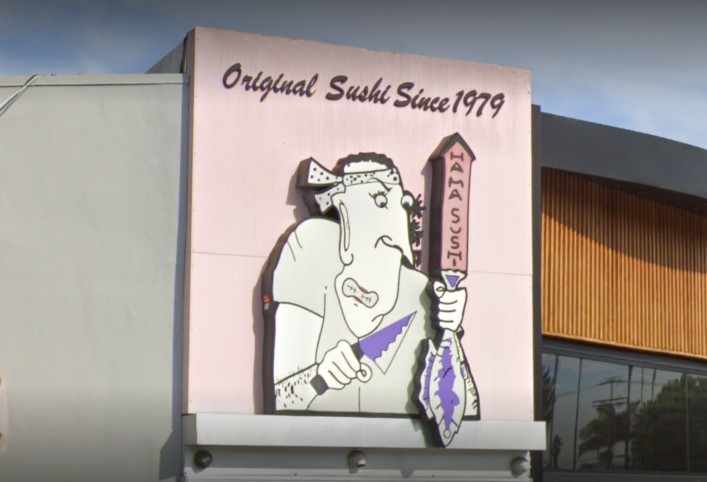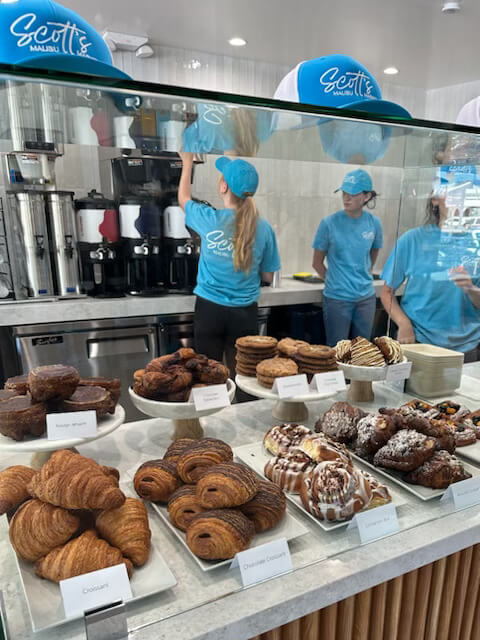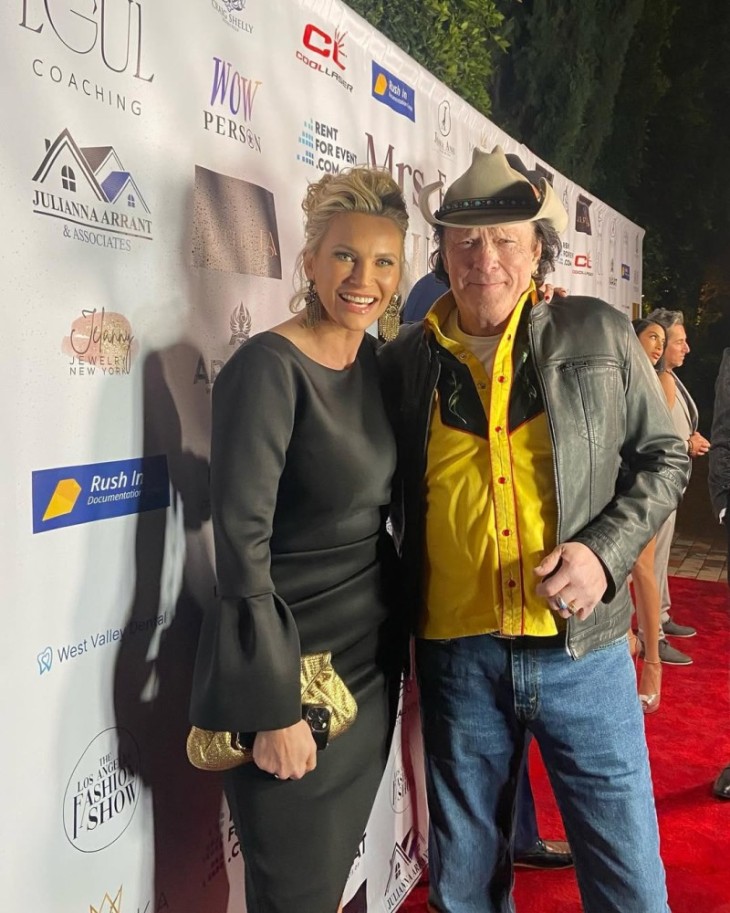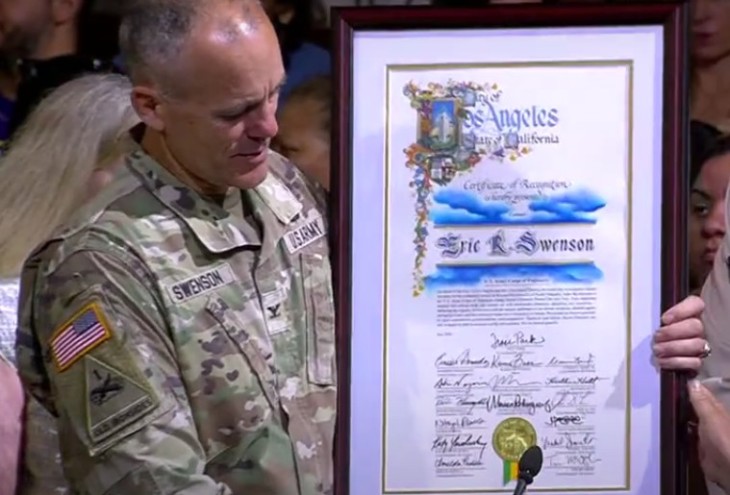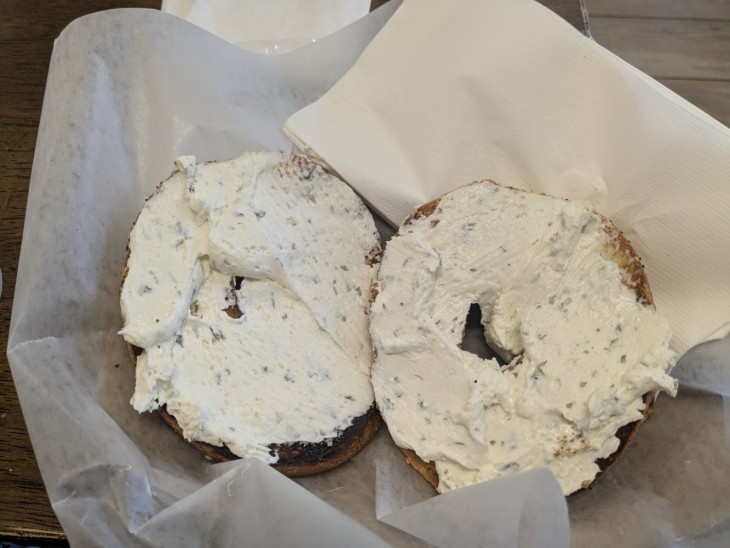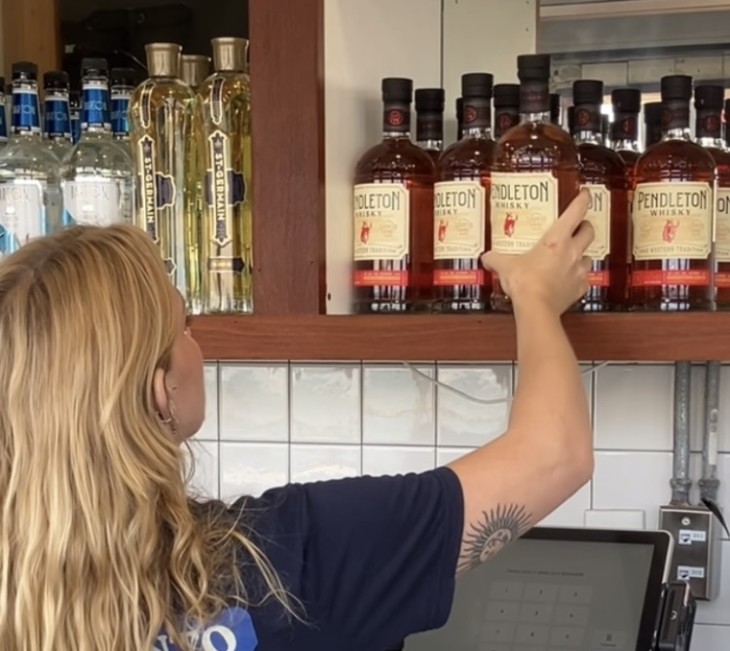Like many people, as you grow older one of your concerns may be about forgetfulness. You may not recall where you put things and there’s that nagging worry that your mental capacity may not be what it was when you were younger.
We all experience age-related changes and forgetfulness, like misplacing our car keys from time to time, but some people find these changes interrupt their daily life.
Across many households in America, many items on to-do lists and grocery lists are forgotten. Sometimes people have to go back to the grocery store more than once to get all the items on a list.
It’s frustrating to be at the store and have a feeling that you’re forgetting something. You wrote down what you need here but now you can’t find the list or remember what’s on it.
Stop Fuzzy Thinking – AKA “CRS – Can’t Remember Stuff”
If you’d like to change this pattern of forgetfulness, don’t just sit back and continually feel frustrated. You can stop “CRS – can’t remember stuff.” Resolve to have a healthier brain in 2013 and make your life simpler in the process.
Say goodbye to the frustrations of arriving home without all your shopping list items. Say goodbye to the equally frustrating experience of finding your shopping list in a coat pocket long after you need it.
Some activities, like playing the piano, can decidedly improve the more a person practices. The same is true of your brainpower. Many people sharpen their memory skills with crossword puzzles and board games or by taking classes, socializing with friends, and traveling to new places that may involve learning language skills.
Others train their brain to better remember lists of items with and without the list in front of them. These are some ways you, too, can improve your retention skills.
Four Tips For Clearer Thinking
• Learn the way you learn. Improve your memory by using this strategy to your advantage. If you are a visual learner, then make sure you can utilize the retention strategy that best suits you.
• Stay Organized: Take notes. Use both words and pictures to ramp up your memory. Take advantage of calendars, date books and other organizational tools to help you concentrate while learning.
• Connect the dots: Linking one thing to another is a powerful tool for learning new information. Relate information to what you already know and then build on that previous knowledge for good retention.
• Experience the sights, sounds, and smells of learning: Engage as many senses as possible while learning. Utilize textures, colors and taste. The more you stimulate the senses while learning the more likely you will create pathways to a better memory.
Tips For Remembering What You Want, When You Need It
A small grocery list is a good place to start honing your memorization skills. It doesn’t matter what you want to remember or whether it is ten items on your grocery list, thirty words of a speech or a four-part recipe. Your mind is ready and able to remember more than we often understand.
Like an athlete, you’ll need to train your mind to remember more and more items. Start small and exercise your mind to meet your abilities.
Short list retention tips:
• Try the link method. The idea is to link a word to something else that is similar. This helps the brain make associations from one object to another.
• Try linking unrelated items. If you are trying to memorize a list of items from the lumber yard, for example, you may want to remember the items by associating them with something completely unrelated such as fruit. The 2 x4’s you need on the list are pictured as ‘apples’ (you need three); the nails become ‘mangoes’ and so on.
• Break up usual patterns. Powerful bonds are created when you use your memory to retain unrelated items or topics. What you’re doing is breaking the patterns your mind uses to file memories away.
• Take “virtual photos” of what you want to remember. Visualize what you want to remember as if it were a photo. It will help you more easily retrieve these items when you want to bring it out and “look at it.”
Mark Underwood is a neuroscience researcher, president and co-founder of Quincy Bioscience, a biotech company located in Madison, Wisconsin focused on the discovery, development, and commercialization of novel technologies to support cognitive function and other age-related health challenges such as memory. He is also a contributor to the “Brain Health Guide” which highlights the research at Quincy Bioscience and offers practical tips to help keep healthy brain function in aging. More information can be found at www.quincybioscience.com.

